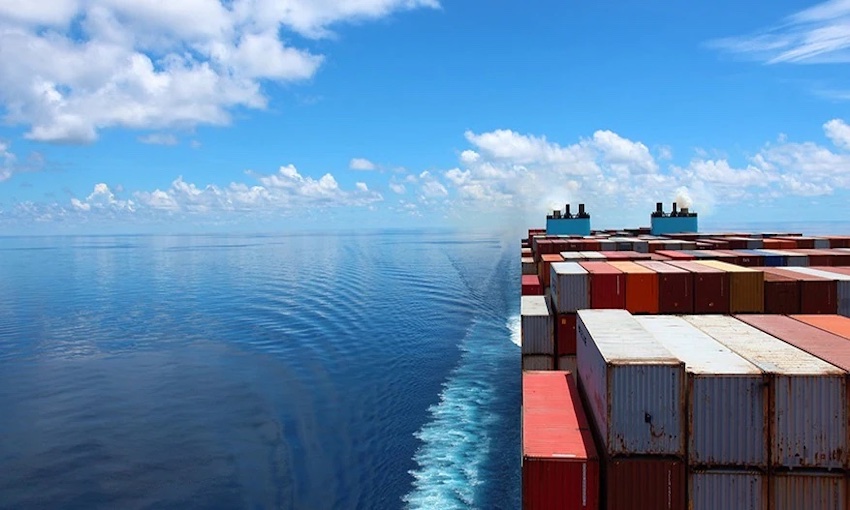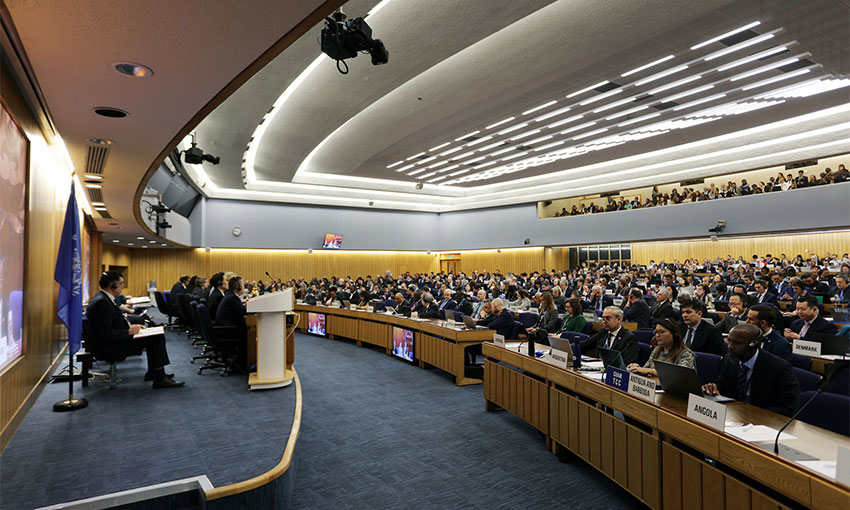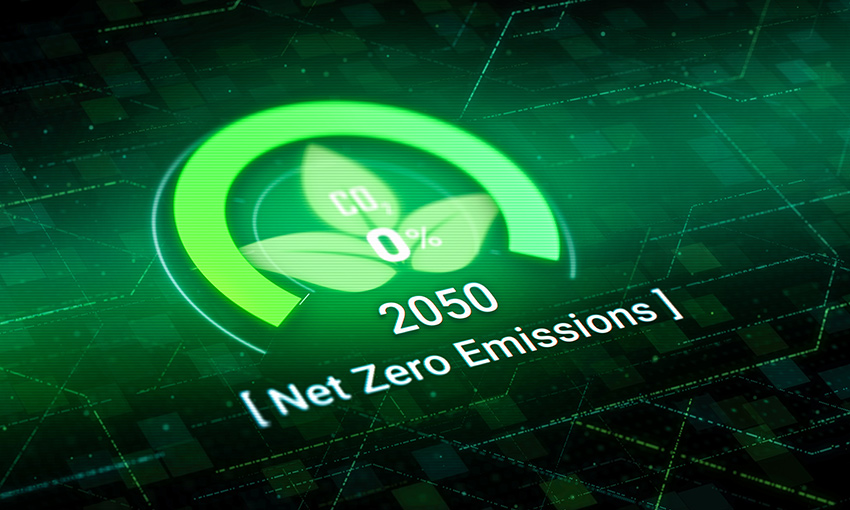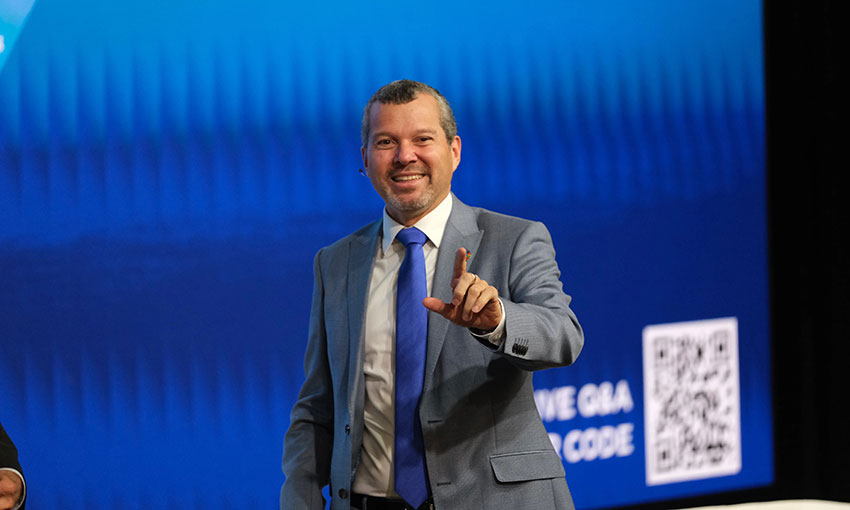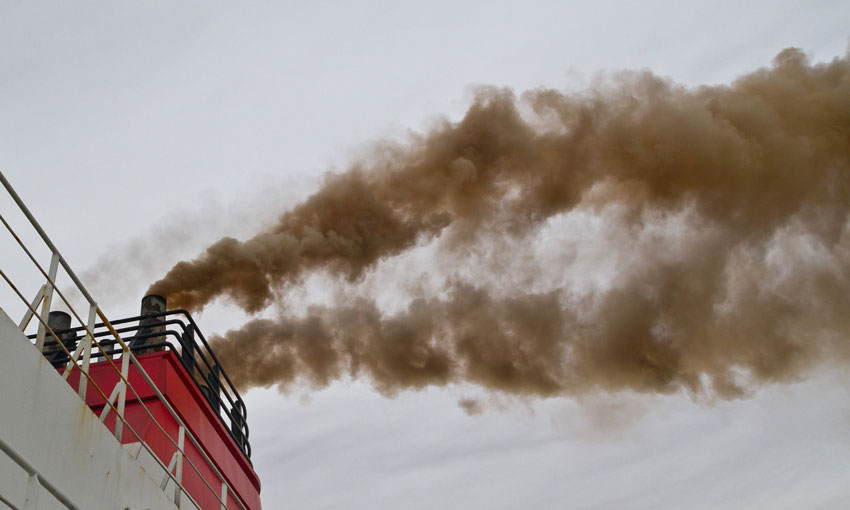THE World Shipping Council, representing global container and ro-ro shipping lines, has identified six regulatory and economic pathways, which it believes are critical for the International Maritime Organization to successfully navigate the maritime energy transition.
Container and roro carriers are already investing in the development of zero greenhouse gas technologies and are committed to enabling the industry’s transition to zero, but clear global regulations are needed, according to the WSC.
In June, the 78th session of the IMO’s Marine Environment Protection Committee (IMO MEPC 78) will consider further development of IMO’s GHG Strategy.
The critical pathways have been submitted by WSC to the MEPC 78 and they include:
- A global price on carbon combined with dependable and broad-based “buy down” programs that effectively level the playing field among newer low and zero GHG ships and the tens of thousands of ships that will still be burning conventional fuels.
- Transparent well-to-wake life cycle analysis of fuels, breaking out well-to-tank emissions and tank-to-wake emissions, combined with regulatory mechanisms to incentivise first-movers for use of alternative fuels that offer significant GHG reductions even if they are not available from fully renewable sources from the start.
- Integrated development of global production and supply of zero GHG fuels through partnerships between IMO member states and energy providers, as well as regulatory provisions that allow for flexibility in the initial stages of the energy transition, given that zero GHG fuels will not be available at the same time around the globe.
- A Green Corridors Programme to accelerate an equitable fuel and technology transition, introducing zero GHG ships and fuels across trade lanes where the necessary shoreside energy infrastructure is first available.
- Newbuild standards that support the energy transition, such as requiring ships built after a certain date to be able to operate on zero GHG fuels or not allowing the construction of vessels that can only operate on fossil fuels after a certain date.
- Applied research and development for shipboard and shoreside systems that allow the safe use of zero GHG fuels is necessary to put zero emission ships on the water. To avoid accidents and stranded assets, a significant increase in the level of R&D effort and investment is needed to develop the technologies necessary to use the most promising fuels onboard transoceanic ships.
John Butler, president and CEO of WSC said, “Liner shipping understands the shared responsibility for GHG reductions in the maritime sector, and we don’t underestimate the challenge.
“We are committed to decarbonising shipping and have multiple ideas and projects in the pipeline. But to be able make these investments, to take the necessary risks, we – and all other maritime actors – need a regulatory framework that addresses the key strategic issues.
“We are now offering our perspective on the critical pathways the IMO should consider as it tackles this global challenge. Action is needed now by the governments of the IMO so as not to stall development but rather to support ambitious innovators and front runners,” he said.

